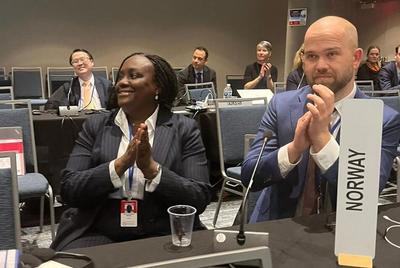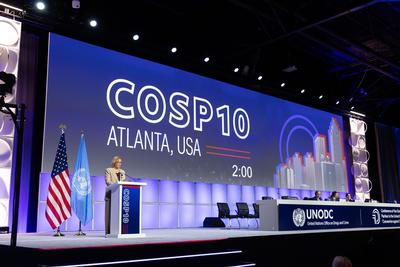Devolutionary delusions? The effect of decentralization on corruption
The effect of government decentralization on corruption is theoretically ambiguous. On the one hand, bringing government closer to the people could increase accountability and reduce corruption. On the other hand, decentralization could increase local capture and uncoordinated bribe taking across government levels. This paper estimates the effect of decentralization on experienced corruption, using individual-level bribery data from 36 countries. Crucially, we distinguish between the effect of decentralization on the frequency of contact with public officials, and its effect on the probability that a bribe is paid given contact. To identify the causal effect, we use an original instrument based on countries’ climatic heterogeneity. The results show that decentralization increases contact with officials, but there is no significant effect on the propensity to pay bribes given contact. We hence find no evidence that decentralization increases accountability. Moreover, higher aggregate corruption in decentralized societies is at least partly due to greater interaction with public officials, and not necessarily due to greater local capture.






